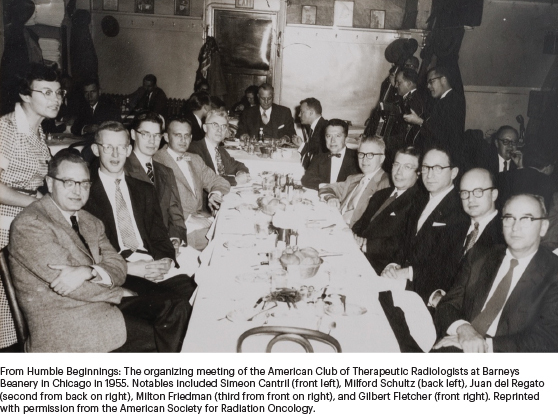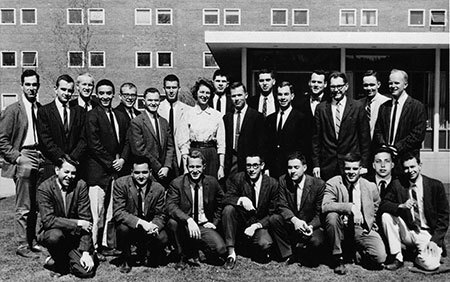Simmons Post Grad
The civil rights movement of the 1950s and 1960s played a crucial role in challenging and dismantling segregation and discrimination in various aspects of American society, including education. Subsequent decades saw incremental improvements in access to education and professional opportunities for African Americans, although challenges related to racial disparities persisted and continue to be addressed in the present day.
Medical schools, including the University of Southern California, had admissions policies that were not always favorable to minority students. There were significant barriers for African American students in gaining admission, including discriminatory practices and biases in the admissions process. Although Simmons was part of a minority, he did not fit the stereotype based on his background and his father's career as a doctor. Despite the challenges, he was one of the African American individuals who successfully pursued a medical career during this era, contributing to the gradual diversification of the medical profession.
The 1960s laid the groundwork for changes in the following decades, as affirmative action policies and increased awareness of the importance of diversity in education and the medical profession began to take effect. Over time, medical schools and other institutions have made efforts to address historical disparities and promote inclusivity and diversity in the medical field, including institutions like Dartmouth.
During Simmons' time at USC medical school, he met people that he would be in contact with the rest of his life and influence his career heavily. He recalled people in his lab and knew very much about their careers after they graduated medical school. One person from his class even became a medical professor at Dartmouth post graduation.
Simmons took on a big role as an oncologist. Oncologists are skilled in identifying and diagnosing various types of cancer. They use a range of diagnostic tools, including imaging studies, biopsies, and laboratory tests, to determine the type and stage of cancer. Oncologists develop individualized treatment plans for cancer patients based on the type, stage, and characteristics of the cancer, as well as the patient's overall health.


